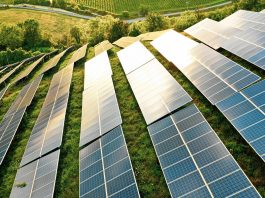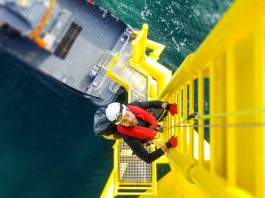The European Council has adopted a new regulation establishing a €17.5 billion fund to ensure that Europe’s green transition is fair and inclusive.
As Europe transitions towards cleaner energies, numerous countries are still going to rely on fossil fuels, which has raised concerns about guaranteeing a just energy transition. It is essential that socio-economic costs for communities throughout the EU are kept to a minimum and that jobs are safeguarded, particularly in greenhouse gas-intensive industries that must diversify.
Therefore, The Just Transition Fund (JTF) regulation has been established with the aim of enabling a just transition by financing projects aligned with Europe’s net zero goals, propelling investment in areas that must phase out the production and use of coal, lignite, peat, and oil shale or transform heavily polluting industries.
The JTF will be published in the Official Journal of the European Union and is one of the three pillars of the Just Transition Mechanism planned as part of the European Green Deal to guarantee that Europe’s green transition occurs fairly. The other two pillars are a budget guarantee under the InvestEU programme and a public sector loan facility.
Nelson de Souza, Portuguese Minister for Planning, Council presidency, commented: “The success of the European Green Deal rests on us mitigating the consequences for those most affected by the decarbonisation of the economy. The Just Transition Fund will provide much needed support to companies and workers at local level, so that we can combat climate change together as a Union, leaving no one behind.”
Funding will be made available to support the following areas:
- Small and medium-sized enterprises (SMEs), including start-ups, and the creation of new firms.
- Helping people to acclimatise to new job opportunities through investment in training and retraining of workers and job seekers, job-search assistance, and measures for social inclusion.
- Investment in research and innovation, the transfer of advanced technologies, cost-effective green energy and energy storage, the decarbonisation of local transport, digitalisation, and improving the circular economy, including through waste prevention.





